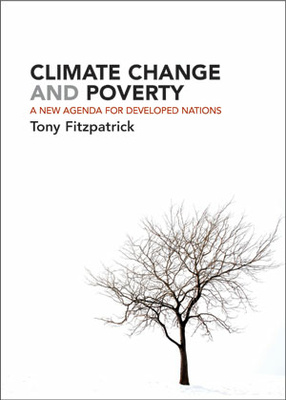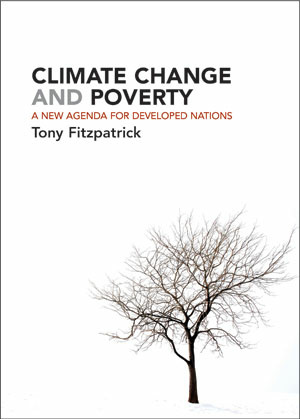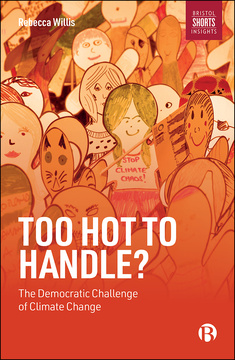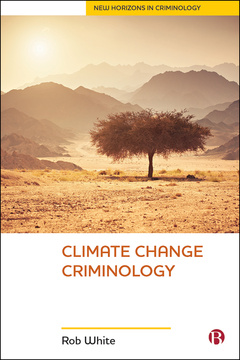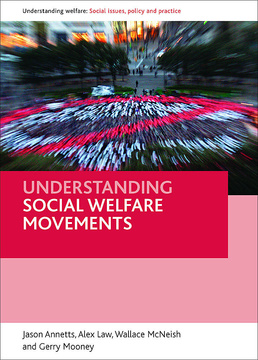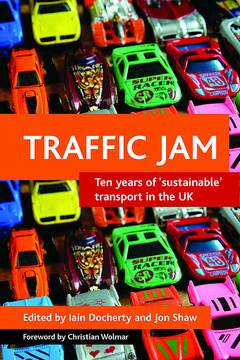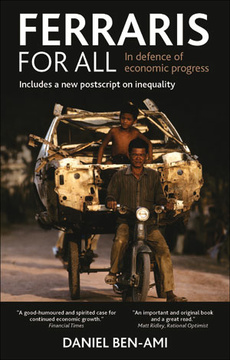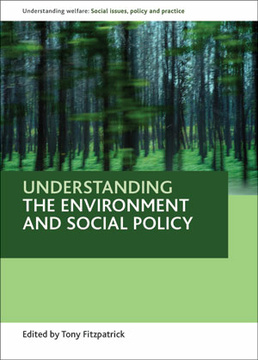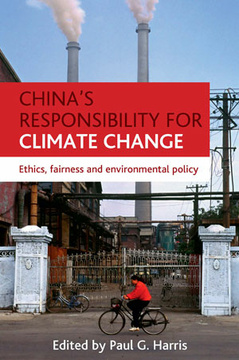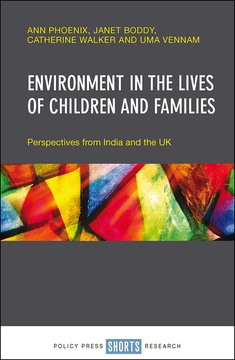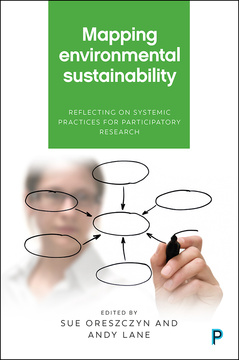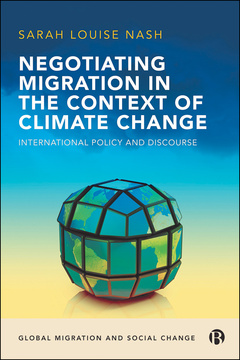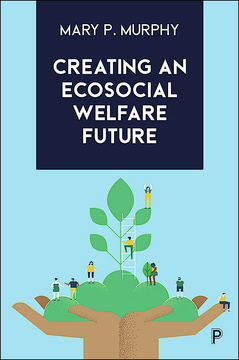Published
Sep 5, 2014Page count
256 pagesISBN
978-1447300861Dimensions
240 x 172 mmImprint
Policy PressPublished
Sep 5, 2014Page count
256 pagesISBN
978-1447300878Dimensions
240 x 172 mmImprint
Policy PressPublished
Sep 5, 2014Page count
256 pagesISBN
978-1447311751Imprint
Policy PressPublished
Sep 5, 2014Page count
256 pagesISBN
978-1447311768Imprint
Policy PressPublished
Sep 5, 2014Page count
256 pagesISBN
978-1447354758Imprint
Policy PressAvailable Open Access under CC-BY-NC licence. Climate change is the main challenge facing developed countries in the 21st century. To what extent does this agenda converge with issues of poverty and social exclusion? Climate change and poverty offers a timely new perspective on the ‘ecosocial’ understanding of the causes and symptoms of, and solutions to, poverty and applies this to recent developments across a number of areas, including fuel poverty, food poverty, housing, transport and air pollution. Unlike any other publication, the book therefore establishes a new agenda for both environmental and social policies which has cross-national relevance. It will appeal to students in social policy, public policy, applied social studies and politics and will also be of interest to those studying international development, economics and geography
"This is an important book that explores the critical interaction between social policy and climate." James Meadowcroft, Professor and Canada Research Chair, School of Public Policy, Carleton University, Canada
"Incorporates the intrinsic value of nature and a concern for future generations and non-human beings into a socio-ecological understanding of poverty." Environment & Urbanization
Tony Fitzpatrick is a Reader in the School of Sociology and Social Policy at the University of Nottingham. He is a past editor of the journal Policy & Politics and his recent publications include Welfare Theory (2nd edition, 2011), Understanding the Environment and Social Policy (2011) and The International Handbook on Social Policy and the Environment (2014).
Introduction;
Part One: Rethinking Poverty: Concepts and Principles;
Capabilities;
Resources;
Spaces;
Times;
Summary;
Part Two: Ecosocial Policies;
Energy and Fuel Poverty;
Food and Food Poverty;
Land: Housing and Urban Densities;
Land: Transport, Flooding, Waste;
Air and Water;
Conclusion.







